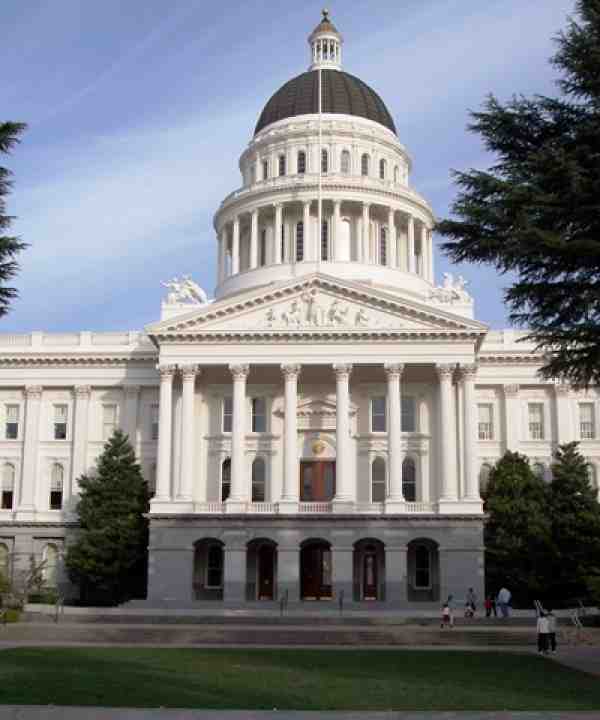August 21, 2015 | Water in the West | Insights
Surface water managers are increasingly turning to “enhanced decision support tools," models that are specifically designed to resolve disputes and help reach consensus based decisions. But similar technologies have only recently come into play for making effective groundwater decisions. A new grant will fund a study of the role that data and models play in resolving groundwater disputes, and the potential role of enhanced decision support tools for the implementation of major groundwater legislation in California.
A team of legal experts, scientists, and modelers recently received a grant from the Woods Environmental Venture Projects program to study decision-making practices involved in implementing California’s Sustainable Groundwater Management Act. They plan to make broad policy recommendations that may lead to sustainable groundwater. The team aims to develop tools and recommendations to foster the collective learning among scientists, managers, and citizens that aids collaborative decision-making. They also aim to integrate these tools into the groundwater management process to proactively manage conflicts and minimize expensive water allocation disputes.
The largely unregulated nature of groundwater in California has meant that during dry periods or drought, when surface water deliveries are limited, many water users draw on groundwater to supplement their supplies. The Sustainable Groundwater Management Act, passed in September 2014, sets up multiple opportunities for groundwater stakeholders to collaborate and thus to prevent or resolve disputes. The Act calls for decisions as to who can govern, who can pump, and who will pay for management of this precious resource. It requires agencies for 127 groundwater basins—designated as high or moderate priority—throughout the state to make plans for sustainability. The Act also empowers these agencies with the ability to use water meters, fines, and enforcement. Local groundwater sustainability agencies must be established by 2017 and must consider the interests of all groundwater users including municipalities, farmers, environmental groups, and disadvantaged communities.
“If people have access to relevant and high quality data, and a voice in setting the policy, they are much more likely to comply with it—that is our hypothesis,” said negotiation expert Janet Martinez, Director of the Gould Negotiation and Mediation Program and Co-Director, Gould Alternative Dispute Resolution Research Initiative, who will lead the decision-making study.
Geophysicist Rosemary Knight, George L. Harrington Professor and Senior Fellow with the Woods Institute for the Environment, will co-lead the study. Geophysical data is potentially very helpful to sustainable groundwater decisions, and the team will determine what data decision-makers need, whether it is accessible, whether it is understandable, and how it is used. The project aims to find better ways to visualize geophysical data, and to integrate its use in the collaborative decision-making process.


![[Woods Logo]](/sites/default/files/logos/footer-logo-woods.png)
![[Bill Lane Center Logo]](/sites/default/files/logos/footer-logo-billlane.png)